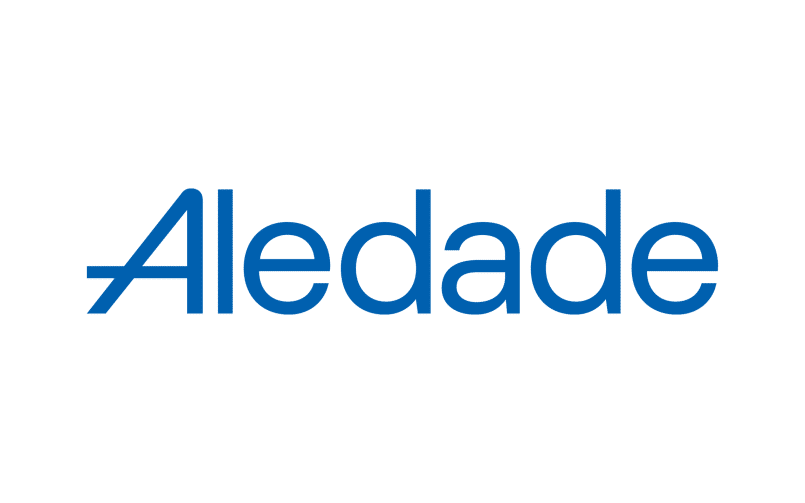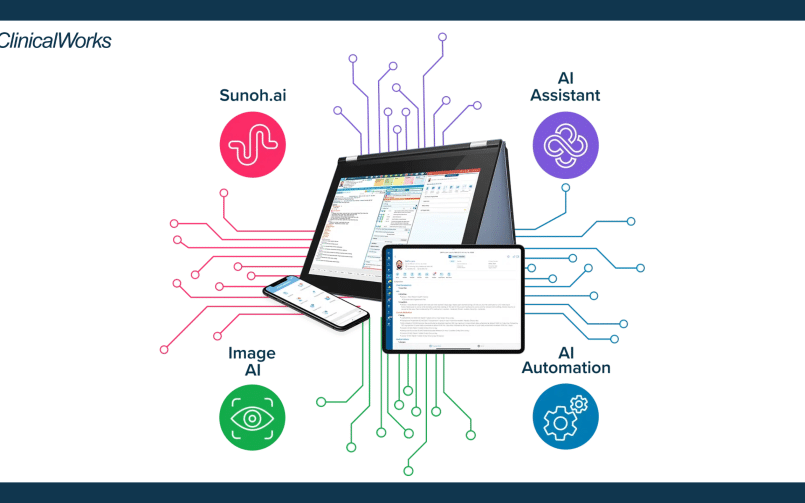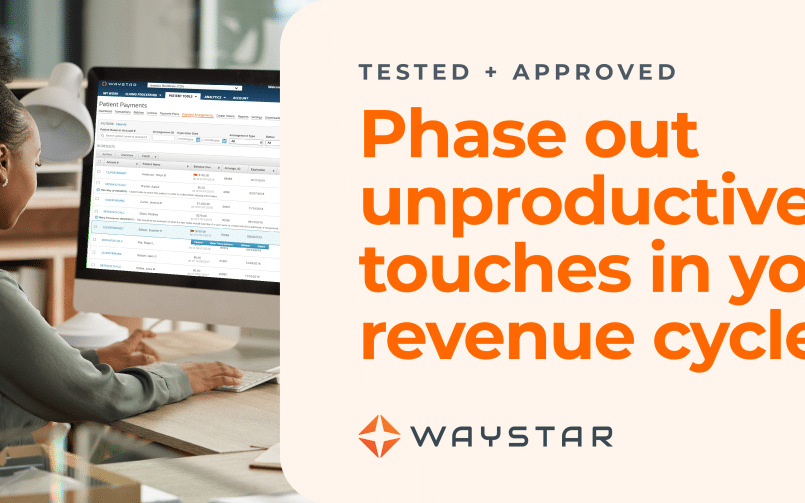eClinicalWorks Blog

- 23 January, 2025
- blog
Unlocking Comprehensive Behavioral Health Solutions with eClinicalWorks
It is estimated that more than one in five U.S. adults live with a mental illness. According to 2022 National Survey on Drug Use and Health (NSDUH), 23.1% of the U.S. adult population suffer with mental health or behavioral health conditions.
Continue Reading
- 16 January, 2025
- blog
The Transformative Journey of an Endocrine Practice
A 2022 article in a healthcare journal, Recent Advancements in Emerging Technologies for Healthcare Management Systems: A Survey emphasizes the significance of advanced information technology (IT) that has led to enhancements in healthcare services. Smart technologies are playing a crucial role in managing patient care.
Continue Reading
- 9 January, 2025
- blog
Unveiling Trends Set to Transform Healthcare in 2025
In 2016, a paper in the Yearbook of Medical Informatics — Electronic Health Records: Then, Now, and in the Future — noted that although, over the previous 25 years, computer hardware had become "more affordable, powerful, and compact," many of the early expectations for the EHR had still not been realized.
Continue Reading
- 3 January, 2025
- blog
The Cornerstone of Value-Based Care: 4 Facts About Annual Wellness Visits
In today's rapidly evolving health care landscape, the focus is shifting from reactive treatment to proactive and preventive care. This transformation is particularly pivotal for Medicare beneficiaries, who often require comprehensive management of their health to prevent the escalation of chronic conditions.
Continue Reading
- 19 December, 2024
- blog
The Unbeatable eClinicalWorks Experience
Healthcare is all about ensuring a high-quality, seamless patient experience while maintaining an effective and productive practice. In reviewing my professional career and experience with healthcare IT — including how I found my way "back home" to eClinicalWorks — I realized something that I had really known all along: eClinicalWorks is the comprehensive solution that empowers my practice to be the best it can be.
Continue Reading
- 11 December, 2024
- blog
AI and the Age of Intelligence Has Arrived
Researchers, doctors, and the media often speak about breakthroughs in healthcare, from new diets and new medications to stamping out smoking and finding a cure for cancer. One key advancement is the rapid development of healthcare tools powered by artificial intelligence.
Continue Reading
- 5 December, 2024
- blog
Solutions for the top five credentialing challenges
Credentialing is a critical process for healthcare organizations of all sizes. They ensure providers are qualified and authorized to deliver care. Despite its importance, credentialing comes with a set of challenges.
Continue Reading
- 27 November, 2024
- blog
eClinicalWorks: The One-Stop Solution for Cutting-Edge AI Tools
Artificial Intelligence (AI) is no longer a futuristic concept, but is becoming an integral part of modern healthcare. It is a dynamic, active player transforming healthcare.
Continue Reading
- 21 November, 2024
- blog
Redefining Patient Access: The Rise of Intelligent Contact Centers
Patients are empowered by having better access to their health information, and a patient-centric approach is critical to improving healthcare delivery.
Continue Reading
- 14 November, 2024
- blog
Automate Your Fax Inbox with Image AI Assistant
In an average healthcare practice, the daily influx of faxes can present a significant administrative burden. These faxes, including patient lab results, X-rays, referrals, and more, must be painstakingly identified, analyzed and routed to the appropriate patient records by the front-office staff. This process can consume a significant amount of time.
Continue Reading
- 7 November, 2024
- blog
3 Ways to Change Unproductive Touches in Your Revenue Cycle
Many things affect the healthcare revenue cycle today. Ever-changing payer rules and insufficient edits. Staffing challenges. Time wasted on fruitless tasks (like statusing claims).
Continue Reading
- 27 October, 2024
- blog
Conference Ends, but the Learning Goes On
Sunday morning at the eClinicalWorks® and healow® National Conference just feels different — and a little bit special. After two days of announcements, renewing friendships, and traipsing about to one breakout session after another, you're feeling more at home.
Continue Reading